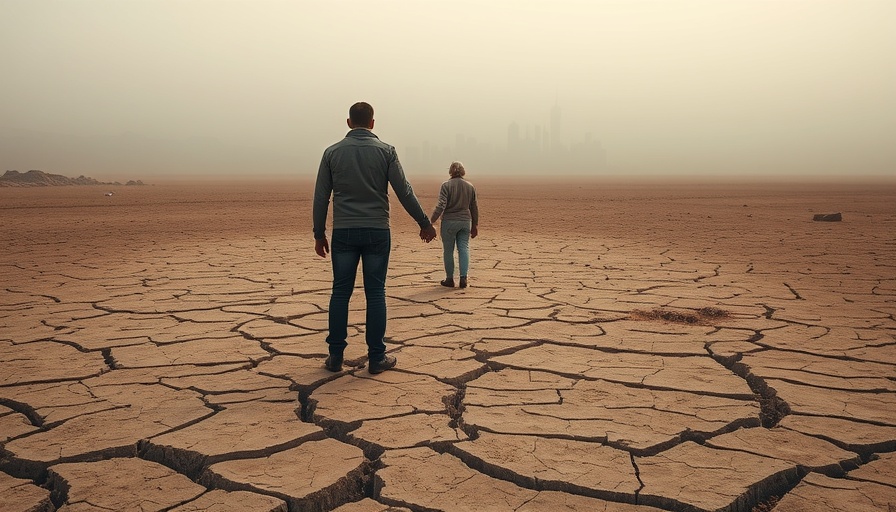
The Return of Seasonal Living: A Historical Perspective
In the world of sustainability, the concept of adjusting our homes for seasonal comforts is making a quiet comeback. As discussed in recent articles, this practice is reminiscent of times before central heating and air conditioning when families adapted their living spaces to cope with seasonal extremes. Drawing insights from Low Tech Magazine, it's evident that these simple modifications not only reduce energy consumption but also reconnect us with the natural climate cycles. Temporary shade structures, for instance, are a small yet impactful way to keep homes cool in the sweltering summer heat, significantly diminishing the need for air conditioning.
A Misunderstanding of Foreign Aid: What We Truly Spend
When it comes to foreign aid, the public perception is worlds apart from reality. A staggering study revealed that the average American believes a whopping 26% of the federal budget goes to overseas aid, but the truth is a scant 1%. This dissonance can have far-reaching implications on policy decisions that affect aid programs. Understanding this misconception is crucial, as it played a role in the dismantling of vital programs like USAID during the Trump administration.
China's Carbon Emissions: A Shift in Perspective
Recent statistics show that China's per capita carbon emissions are now on par with those of the UK, highlighting significant shifts in both upward and downward trends in emissions. This change serves as a poignant reminder of our interconnectivity in global emissions and the necessity for collaborative efforts in tackling climate change. It's not just about national responsibility; it's a collective goal for all nations to reduce their carbon footprints.
Climate Justice: A Call for Accountability
This week, the International Court of Justice made headlines by asserting that nations most responsible for climate change should compensate those who are adversely affected. While this ruling is merely advisory and doesn't enforce immediate change, it marks a significant step toward establishing a legal foundation for reparations in climate justice. This could accelerate dialogue on accountability surrounding climate negotiations worldwide.
Degrowth: A Sustainable Alternative?
Amidst global discussions on sustainability, the concept of 'degrowth' has emerged as a radical yet rational alternative to conventional growth models. A BBC News overview showcases individuals experimenting with degrowth principles, such as communal living spaces in Spain. This movement seeks to de-emphasize relentless consumption in favor of a more balanced and fulfilling lifestyle. By exploring local, sustainable practices, consumers can reflect on their personal impacts.
Literary Perspectives on Environmental Concerns
The novel The Expanded Earth by Mikey Please provides a fresh lens on humanity's precarious relationship with nature through the fantastical premise of humans shrinking to a miniature size. This symbolic narrative poses critical questions about our dominion over the natural world and the consequences of our actions, intertwining adventure with allegory.
These insights draw connections between historical practices, misconceptions, and modern dilemmas. As stewards of the environment, understanding our past and current challenges equips us to pave the way toward more sustainable futures. Camping this week underscores the importance of immersing ourselves in nature and reflecting on our role within it, inspiring modifications to our daily lives that embrace sustainability.
 Add Row
Add Row  Add
Add 




Write A Comment